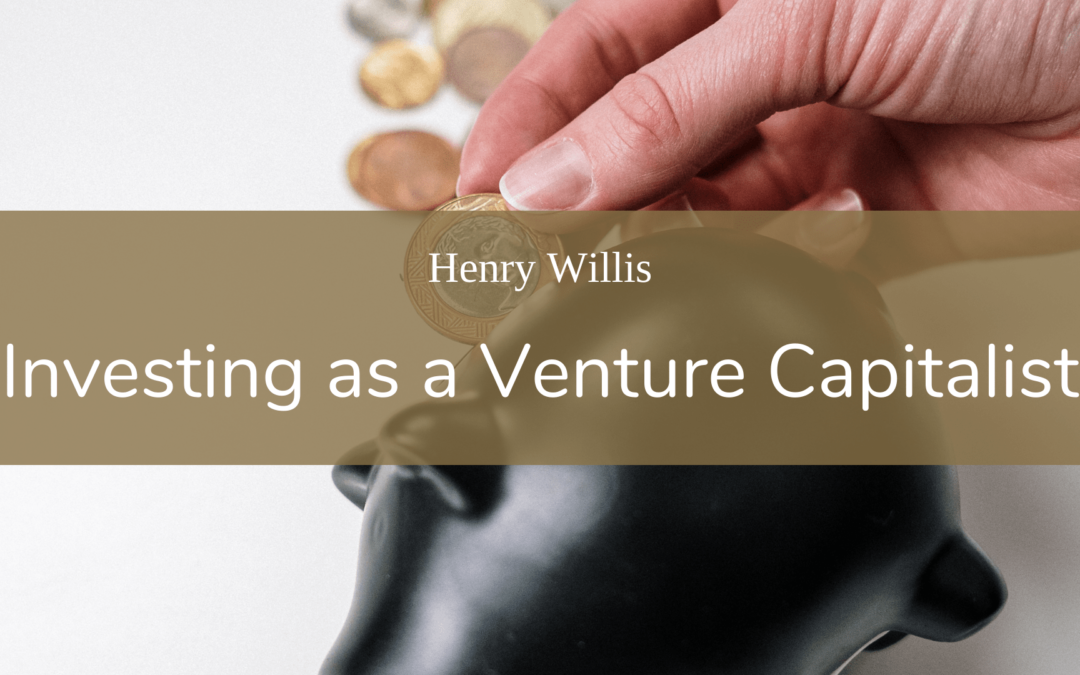Venture capital is an exciting field. It’s very motivating to think about the possibility of discovering the next game-changing unicorn company. However, it can be difficult to choose between start-ups when investing. One way of determining where and how to invest is to look at what strategies have been successful for others in the past.
The way start-ups are evaluated is very important. It’s a good idea to take a comprehensive approach. These means evaluating the founders, a service or product the market demands and the technology that’s being used. Personality can be a very big factor in VC funding. The investors must identify with the founders and team of a start-up, and be able to empathize with them. They’ll also want to look closely at the character of the people involved in the company.
Investors in start-ups need to understand just how risky the moves they’re making are. Venture capital isn’t like buying stocks or bonds. Venture capital is more like an all-or-nothing game. Most of the investments made in this field won’t pay off. The ones that do are likely to pay off in a big way. Oscillating between these extremes can be tough on an investor’s self-image. It’s important to be able to leave losses in the past. Successful venture capitalists always have a duck’s back.
Venture capitalists often find that they benefit from sticking to a particular niche. For example, some focus on business-to-business companies. This means they’re looking to invest in companies that serve other business entities. They may have a specific target for the size of company they’re looking to invest in, too. Some venture capitalists may want to find start-up companies that deal only in lucrative six-figure contracts.
VCs who invest in business-to-consumer companies may have a wider range of products they back. Food and beverage might be a focus for them. Or a broader category, like lifestyle, might be their niche. Investors in this space might back a variety of innovative brands, then just see what the public responds to. Even when there’s great market research, it can be difficult to successfully predict what the public will respond to. The most important thing is to stay flexible and be able to let go of any losses.
